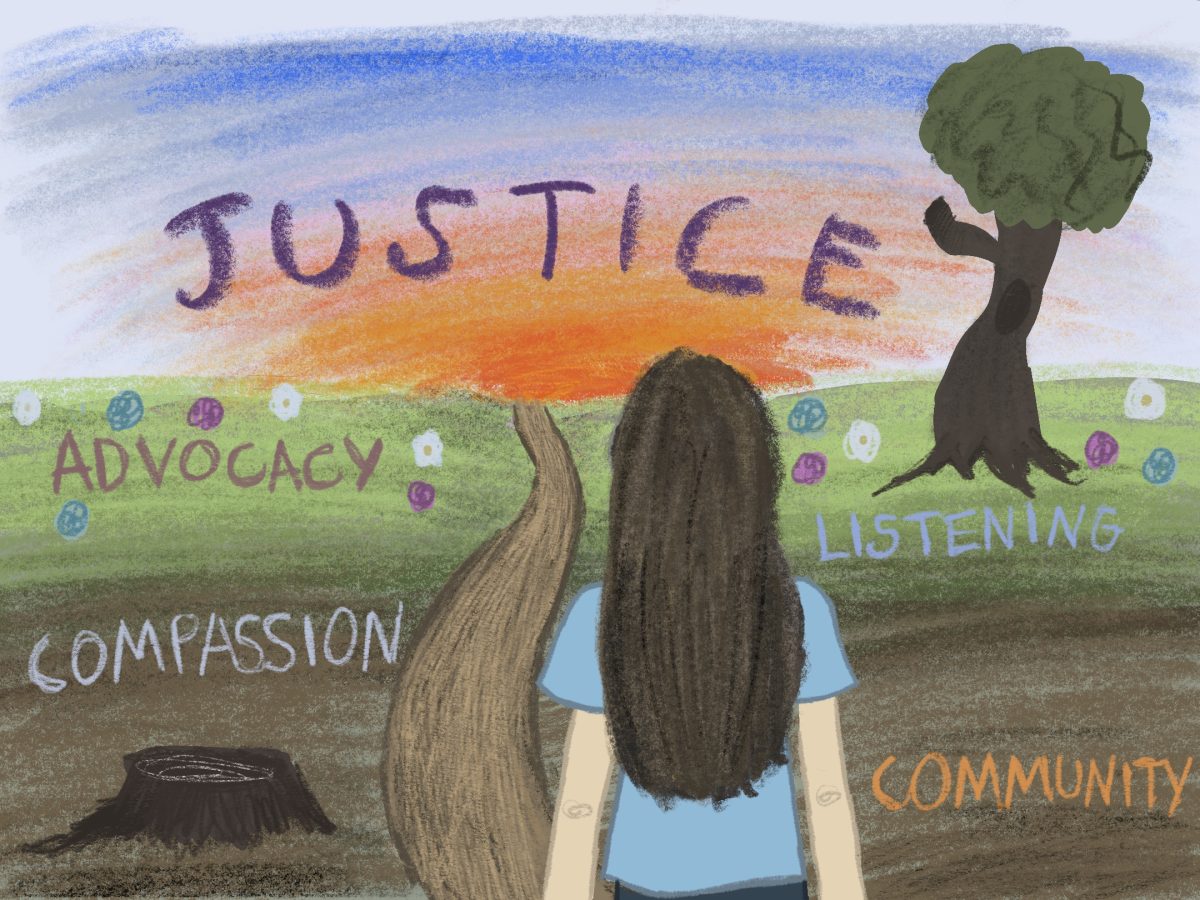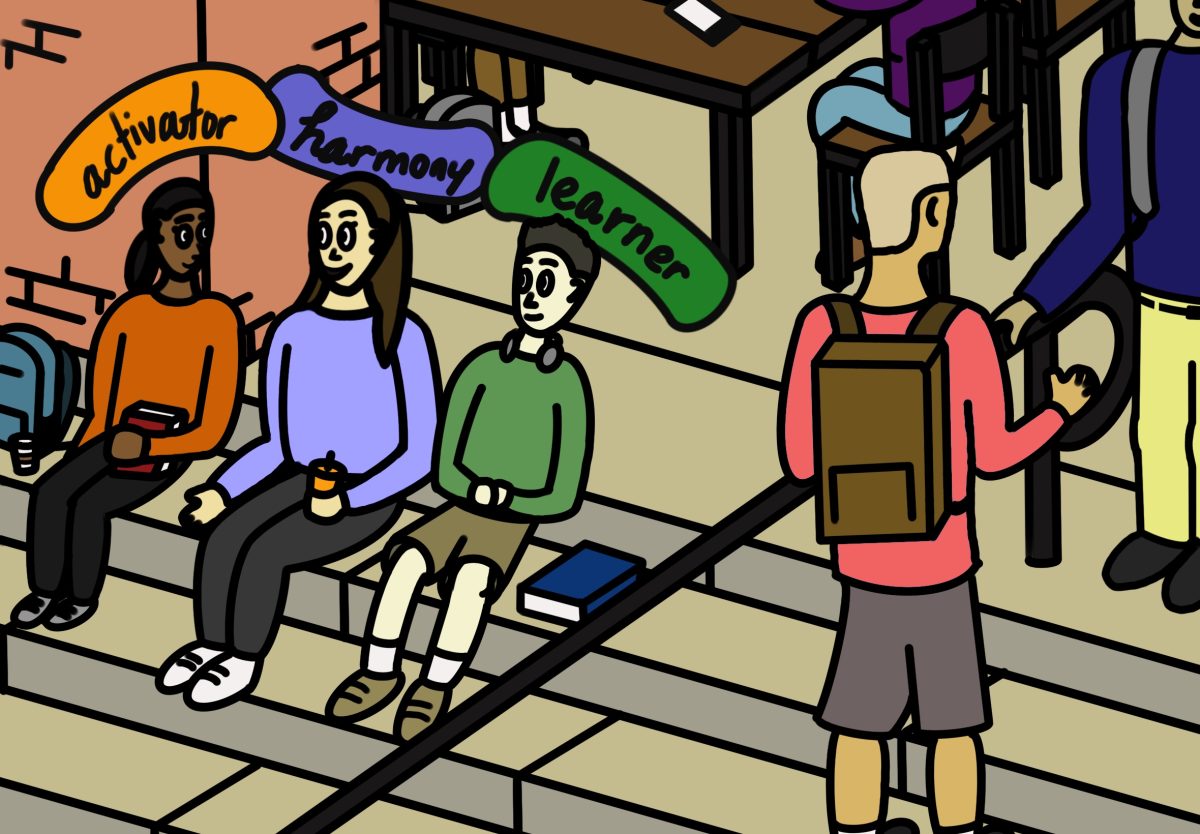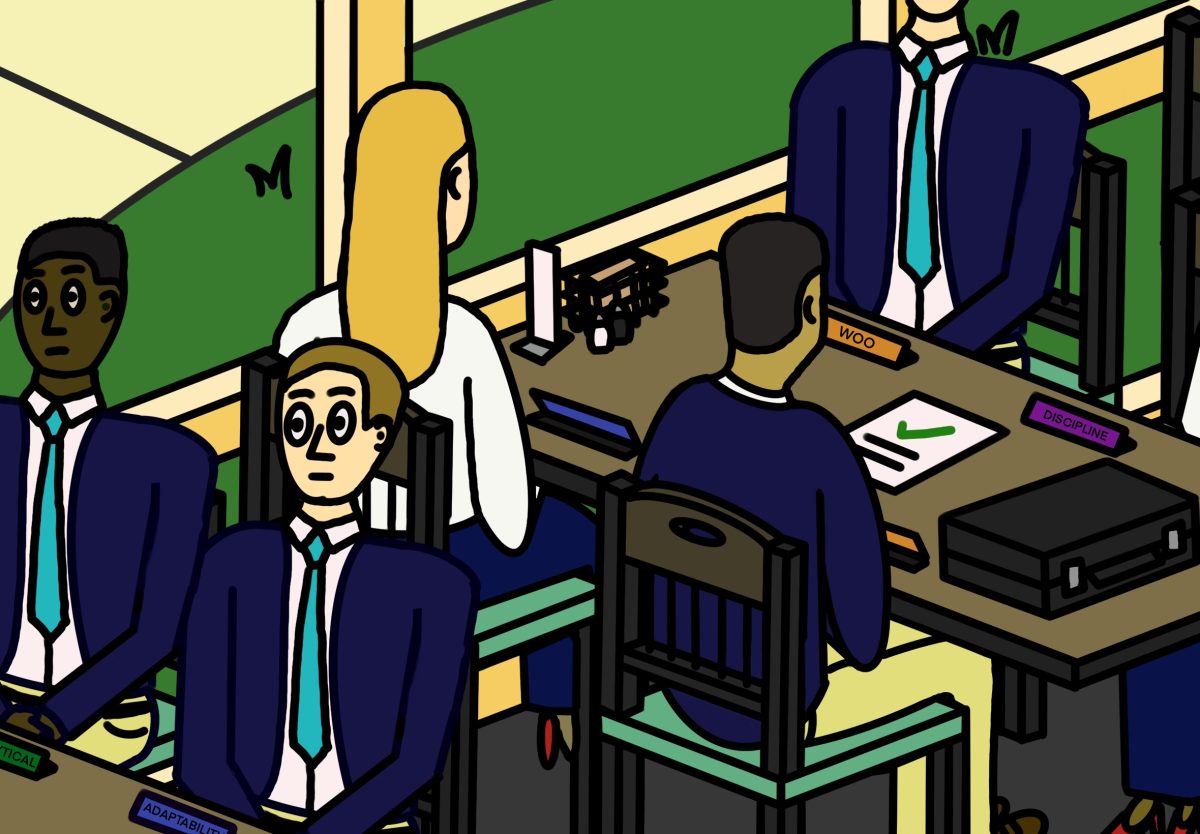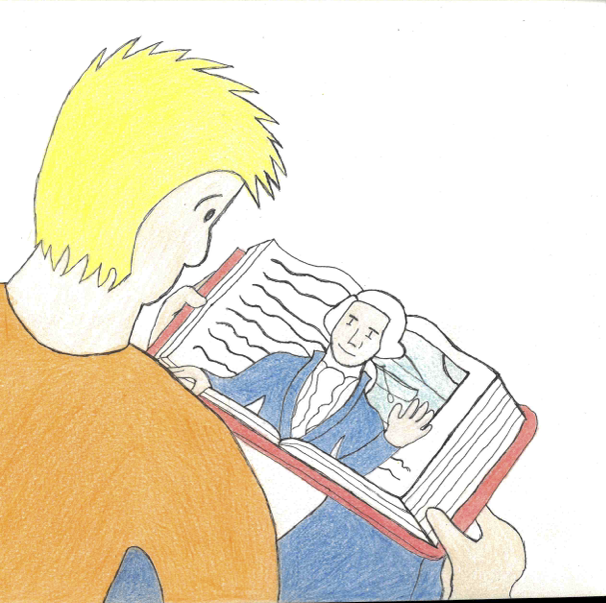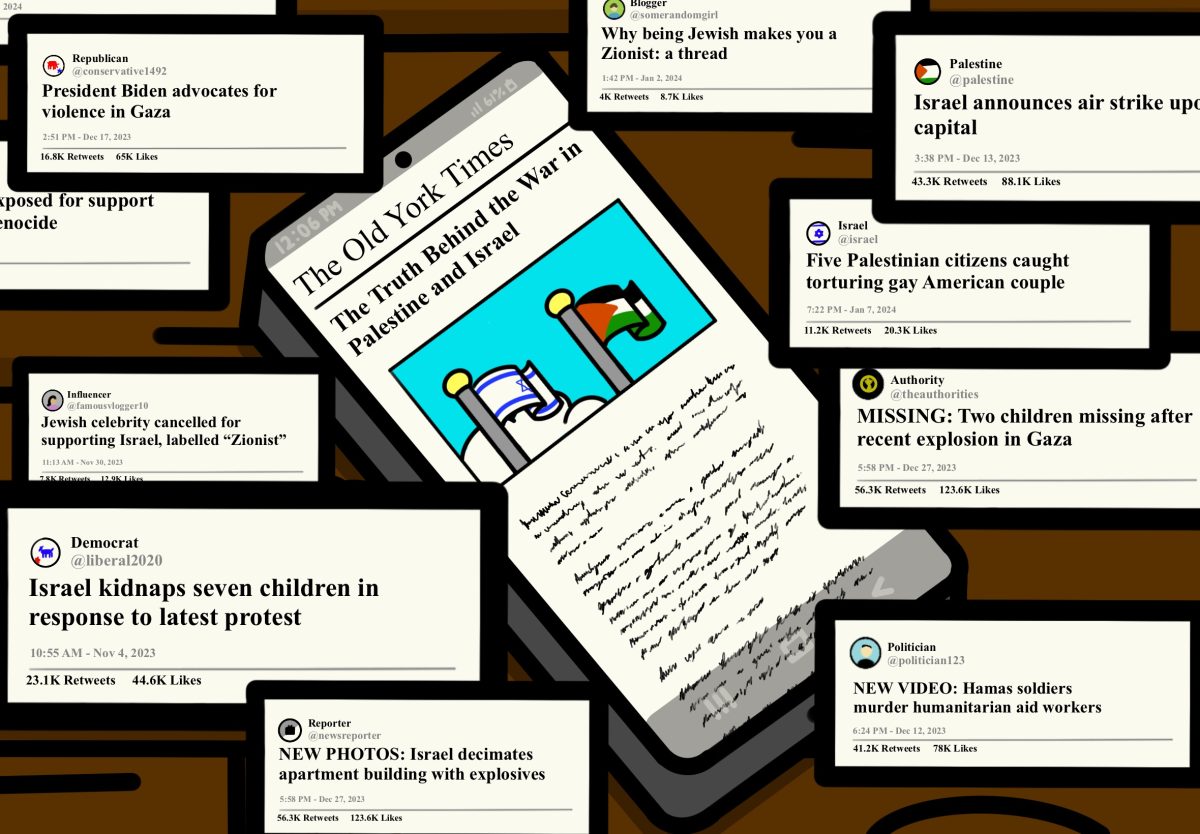Every day, thousands of people get out of bed, do a full day’s work, all without making any money. This internship culture — in which people are compelled and even required to work in the hope of intangible rewards or advances in an uncertain economy — is detrimental to both individuals and to our society at large.
Both to frame the issue and to bring a personal experience to the forefront, I am currently participating in an internship in Greenville at a non-profit organization. The Furman internship office helped me located this internship last spring, I worked at this internship full time over the summer, and on invitation have continued the internship this semester. To court further contradiction, this internship has been an eye-opening educational experience and has taught me a number of skills that should prove useful in my intended career path. Finally, working with and through Furman’s internship office has been a productive pleasure. My individual experience, however, cannot be generalized or used to rationalize away the major problems with the unjust realities that internships reproduce.
Are internships really so bad? Individually, no. Apprenticeships have been the norm for thousands of years, and internships do educate and impart useful skills, especially in highly technical fields. Further, a few bad apples — companies that misuse or abuse the labor interns provide — do not ruin the metaphorical batch. Instead, there is something wrong with the basket. There is something wrong with the practice of requiring individuals to work for free to gain work experience or access to potential positions within a company, especially for a profitable company which could with financial ease provide short-term workers with a minimum salary for living expenses. This practice is by its very nature unfair because it excludes individuals who for very compelling reasons cannot dedicate their time to working without receiving anything to support themselves.
Internships work wonderfully if the intern is a liberal arts student from an affluent upper-middle class family who can afford to live a summer without a full source of income. Internships work less wonderfully if the intern is a young person who must work multiple jobs to support her younger siblings, or a student without financial means putting himself through school with a combination of minimum wage jobs and high-rate loans, or an older worker with a family and other obligations who is transitioning from an obsolete career. Does the affluent student with an internship-filled resume get the job because they are more talented and qualified, or because they are an affluent student with internships?
Furman Advantage, a grant program that provides a stipend for living expenses as students pursue full-time internships during the summer, works to alleviate the financial burdens of unpaid internships at this institution, but relegation of these programs to universities like Furman implies a financial exclusivity that does not solve the original problem. Beneath the veneer of a meritocracy that underpins the ideal worth of an unpaid internship lies a reality of elitism, prejudice, and implicit but no less harmful discrimination.
How do we preserve the worthwhile educational opportunities provided by internships while ensuring that the system does not reinforce existing classes and income brackets or engage in a practice that might actually violate existing labor laws? This big, complicated problem has an easy solution: pay people for the work they do. By providing even minimal wages to those who provide services to a company or organization, that company or organization can select the best workers from a larger and more egalitarian pool of applicants, giving all workers access to the advantages that come with focused training and experience in their desired fields.
In just the past year, there are signs that the culture of unpaid internships may be ending. Multiple court cases (most famously the two interns who brought a suit against the production team of the film “Black Swan”) have been decided in favor of interns suing for payment, and a bill currently being discussed in New York would extend to unpaid interns all the legal rights and protections that paid workers receive. However, these are small changes, not steps that themselves transform the post-recession employment culture.
As of now, we as students and individuals have little power to change the world in which we find ourselves. However, hopefully and eventually the intern becomes the supervisor, the owner, and the boss. When we are the ones required to make the choice whether to pay or not, what decision will we make?




























